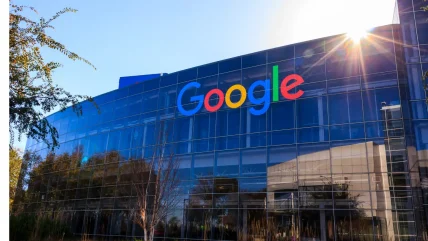
Google has agreed to a $1.375bn settlement with the state of Texas, resolving allegations of data privacy violations. Texas Attorney General Ken Paxton announced the settlement, which addresses two lawsuits involving three Google products accused of breaching Texas consumer protection laws. The lawsuits, filed in 2022, accused Google of unlawfully tracking and collecting user data related to geolocation, incognito searches, and biometric information.
“In Texas, Big Tech is not above the law. For years, Google secretly tracked people’s movements, private searches, and even their voiceprints and facial geometry through their products and services,” said Attorney General Paxton. “This $1.375bn settlement is a major win for Texans’ privacy and tells companies that they will pay for abusing our trust.”
Google’s settlement with Texas surpasses previous state and multistate agreements
The settlement marks the largest of its kind for a single state against Google, significantly surpassing previous settlements. For comparison, the highest settlement by a single state for similar violations before this was $93m. A coalition of 40 states previously secured $391m, nearly a billion dollars less than Texas’s recovery. Attorney General Paxton has been at the forefront of efforts to hold Big Tech accountable for data privacy violations, establishing the largest data privacy and security initiative at the state level.
Earlier this year, Paxton secured a $1.4bn settlement with Meta, formerly Facebook, over unlawful facial recognition data collection. This stands as the largest settlement obtained by a single state in such matters. Previously, Paxton also reached settlements with Google totalling $700m and $8m for anticompetitive and deceptive trade practices, respectively. Norton Rose Fulbright served as outside counsel to the Office of the Attorney General in these proceedings.
In a separate development, Italy’s Moltiply Group has initiated legal action against Google, seeking damages of €2.97bn for alleged abuse of market dominance. Moltiply, which operates the price comparison site Trovaprezzi.it, claims Google’s practices hindered the growth of its subsidiary, 7Pixel, between 2010 and 2017 by favouring Google Shopping. The EU Court of Justice has previously recognised Google’s dominant market position.
“We disagree strongly with these exorbitant private damages claims which disregard this successful and growing industry,” a spokesperson for Google said in a statement. “The changes Google made in 2017 following the European Commission’s decision are working as intended, and the number of comparison shopping sites in Europe using our shopping features has multiplied from just 7 to more than 1,550.”






